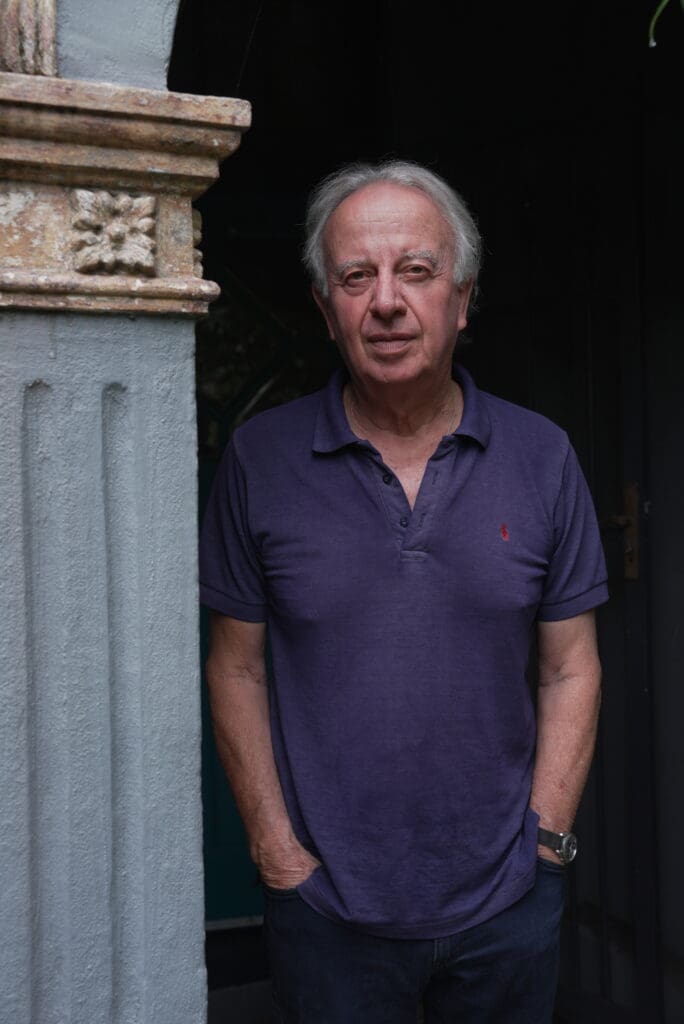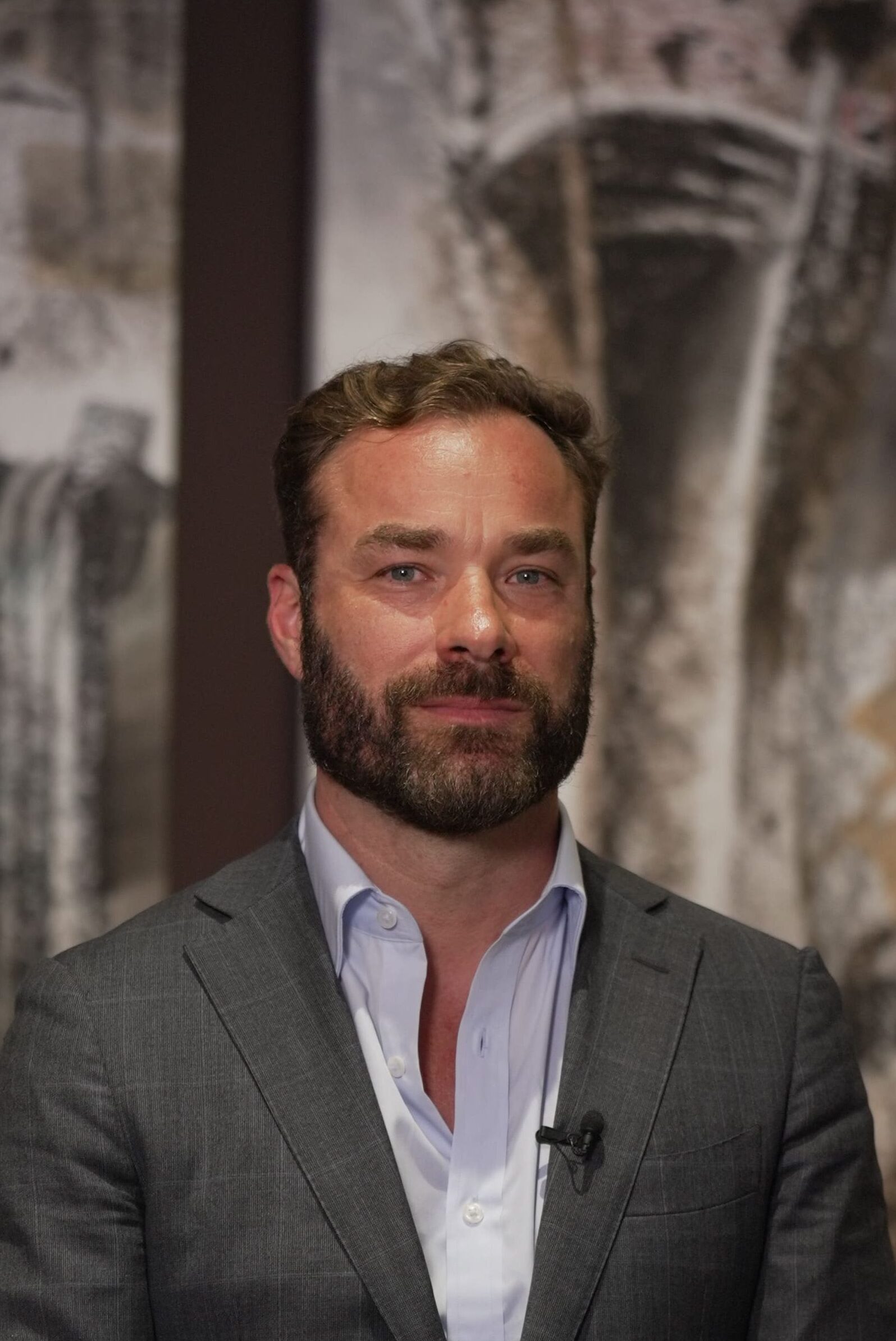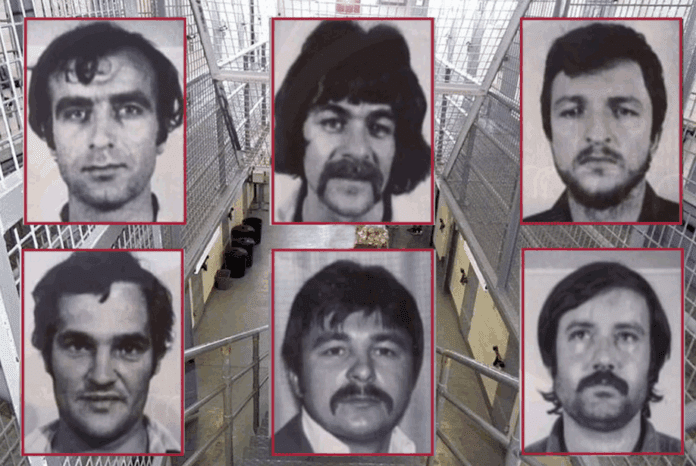46 years on, this case is still regarded as one of Australia’s biggest miscarriages of justice
It’s the most controversial criminal trial in Australian legal history, and 46 years on hopes are rising that the black stain on the Croatian community will be removed.
The NSW Supreme Court is reviewing the case, which devastated families and fractured Australia’s Croatian community.
Many revelations since the 1981 convictions, has cast doubt over the trial’s integrity – at the time the largest in Australian history.
Walkley Award-Winning journalist Hamish McDonald’s interest was piqued in 2007, after a tip off about ‘intelligence knowledge withheld from the government’.
It was no ordinary alert, coming from a former lawyer for Australian Prime Minister Malcom Fraser, lan Cunliffe.
Eighteen years and two books later, the second of which – ‘Reasonable Doubt: Spies, Police and the Croatian Six’ – assisted in triggering this Judicial Inquiry.
“The case remains a major injustice in Australian legal history,” McDonald said.
“The case is unique. It was devastating for the families and the Croatian community.
“The six men received 15-year sentences, serving around 10 years on average. It led to broken marriages, financial ruin, and deep scars within the community.”

Marsdens Law Group and barristers Sebastian De Brennan and David Buchanan SC are the Croatian Six’s lawyers in the David v Goliath battle against the opposing parties with large and powerful legal teams.
The generosity of the Croatian community, including the recent GoFundMe appeal that has raised over $118,000, has helped.
“This case has a long, complex history,” De Brennan said.
“It was considered the largest trial in Australia’s legal history (172 days), possibly even the entire Commonwealth.
“The case has only grown in complexity. With 53,000 pages of hard copy evidence alone.
“The support from the Croatian Australian community has been invaluable in ensuring that justice is pursued.”
Although De Brennan officially represents only three of the six men, he noted that conspiracy charges required al convictions to be scrutinised.
“Legally, a conspiracy involves all parties, so we had to challenge all six’s convictions,” he said.

In 1979, a man identifying himself as Vico Virkez walked into Lithgow Police Station claiming he was involved in a Croatian extremist bomb plot.
Explosives were found in his vehicle and in other homes resulting in the arrests.
Virkez was released, lived under an alias, and soon fled the country.
In 1991, ABC’s Four Corners journalist Chris Masters tracked Virkez down in Serbia. He revealed his real name was Vitomir Misimović – a Bosnian Serb and Yugoslav loyalist.
Misimović admitted the bombing plot could be fabricated and that he’d infiltrated the Croatian community.
Declassified ASIO documents later confirmed that he was acting as an informant to the Yugoslav consulate and had ties to UDBA.
“Even after he retracted his testimony in a national broadcast, the court and government didn’t act,” said McDonald.
“Years later, ASIO’s official history acknowledged the case as a miscarriage of justice. That was pivotal.”
In 2019, the National Archives of Australia released two volumes of documents on Virkez. The files confirmed that he had been under surveillance and had been in contact with
Yugoslav intelligence agents for months before the arrests.
“This discovery became the essence of my book,” said McDonald.
“It provided the missing link between ASIO surveillance and the false testimony used in court.”
Though the Croatian Six were eventually released, they were never exonerated. The fall- out was profound.
“It devastated families,” said McDonald. “To this day, the scars remain. It’s one of the worst injustices in Australian legal history.”
De Brennan added that many Croatian-Australians still recall the stigma.
“We’ve heard from people who were children at the time – labelled as terrorists in schools simply because of their heritage,” he said.
“The community’s shown remarkable resilience, achieving success in business, sport and more.”
The judicial review is examining what ASIO, NSW Police, the Commonwealth, and the Crown prosecution knew about Misimović’s true identity.
Police practices are also being scrutinised, particularly those of disgraced former detective Roger Rogerson.
Rogerson was a lead investigator, and later convicted of murder in an unrelated case.
He later admitted that planting evidence on suspects was common police practice at the time.
McDonald and legal experts say Rogerson’s admissions cast serious doubt on the integrity of the original investigation.
The Inquiry’s findings are expected late 2025 or 2026.


